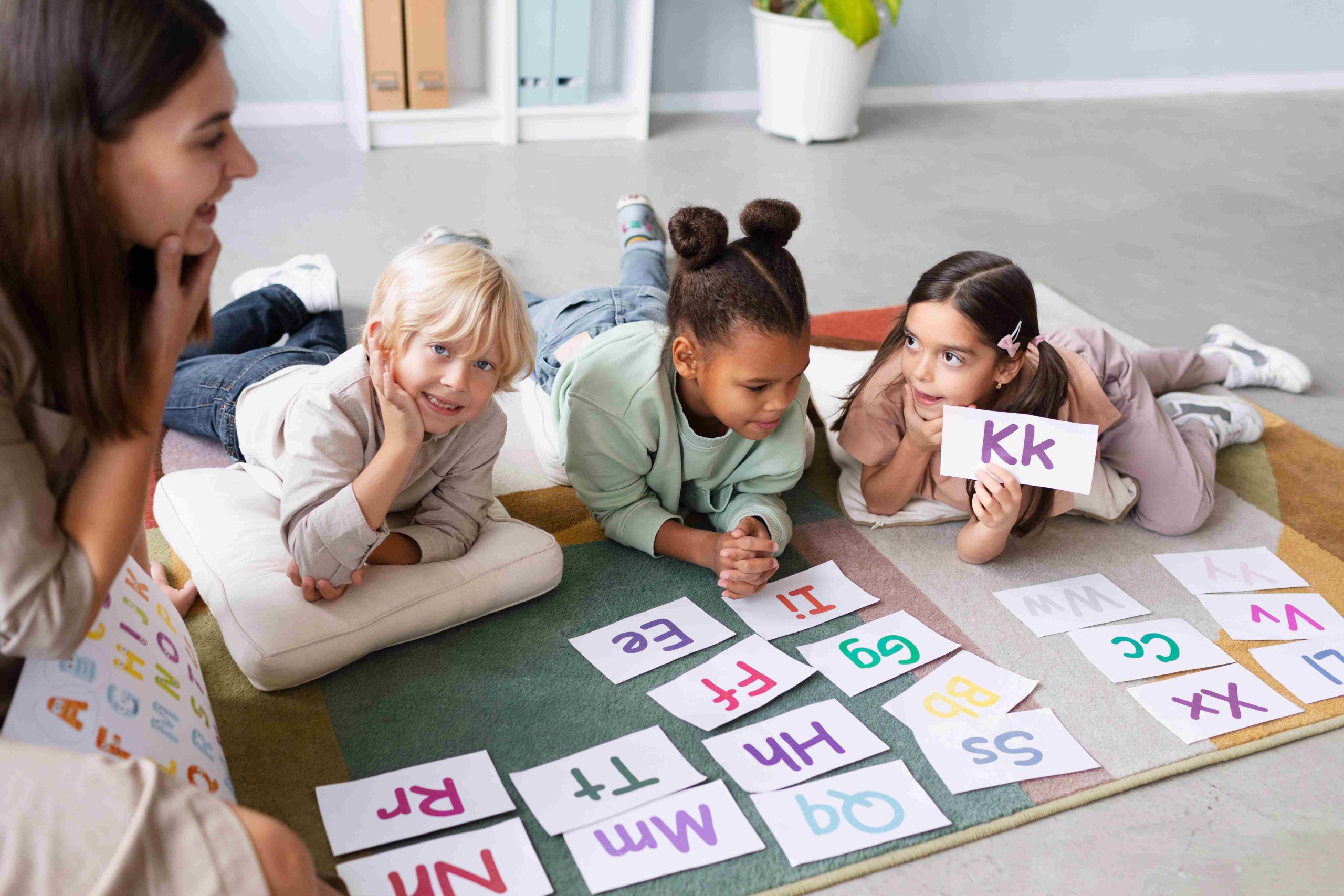
Unlocking the Magic of Preschooler Literacy: Building Strong Foundations for Lifelong Learning
Literacy is a gateway to knowledge, imagination, and communication. It is a powerful tool that opens doors to endless possibilities. In the early years, preschoolers embark on their literacy journey, laying the foundation for future academic success and a lifelong love for reading and writing. This article delves into the world of preschooler literacy, exploring its importance, key components, and effective strategies for nurturing and enhancing literacy skills in young learners.
Understanding Preschooler Literacy:
Preschooler literacy encompasses a range of skills and competencies that contribute to a child’s ability to read, write, and communicate effectively. It encompasses both reading and writing, as well as the development of oral language skills, vocabulary, and comprehension abilities. Here are the key components of preschooler literacy:
Strategies for Nurturing Preschooler Literacy:
Preschooler literacy is a transformative journey that opens doors to knowledge, imagination, and self-expression. By focusing on key components such as phonological awareness, vocabulary development, print awareness, phonics and word recognition, and comprehension, we can lay a strong foundation for preschoolers’ future literacy success. Through effective strategies such as read-alouds, shared reading, creating a literacy-rich environment, providing writing opportunities, incorporating play-based activities, and promoting meaningful conversations, we can nurture a love for literacy and empower preschoolers to become confident, lifelong readers and writers. Let us embrace the magic of preschooler literacy and embark on a journey of exploration, imagination, and learning that will shape the lives of these young learners for years to come.
Preschooler Literacy: Building a Path to Lifelong Learning and Exploration
The Importance of Preschooler Literacy:
Literacy skills play a fundamental role in a child’s overall development. They serve as a gateway to knowledge, imagination, and communication, and lay the foundation for academic success in later years. For preschoolers, developing literacy skills is a crucial step towards becoming confident, capable readers and writers. Here, we delve deeper into the importance of preschooler literacy and explore the profound impact it can have on their future.
Effective Strategies for Nurturing Preschooler Literacy:
Building strong foundations in preschooler literacy requires thoughtful and intentional strategies. Here are some effective approaches that educators and parents can employ to nurture and enhance preschooler literacy skills:
Preschooler literacy is a transformative journey that sets the stage for lifelong learning and exploration. By recognizing the importance of literacy skills and implementing effective strategies, we can empower preschoolers to become confident readers, expressive writers, and lifelong learners. Through nurturing language development, cognitive skills, emotional growth, and social interactions, we unlock the potential of each child, allowing them to embark on a path of knowledge, creativity, and self-discovery. Let us embrace the power of preschooler literacy and create a world where every child has the opportunity to unlock their full potential through the magic of words.
Preschooler literacy is not just about teaching children to read and write; it is about fostering a lifelong love for learning and language. As educators and parents, we have the incredible opportunity to shape the literacy journey of preschoolers and ignite their curiosity, imagination, and thirst for knowledge.
One of the key aspects of promoting preschooler literacy is creating a language-rich environment. Surround preschoolers with books, labels, and print materials in their learning spaces. Design inviting reading corners filled with cozy pillows, bean bags, and shelves stocked with a diverse range of books. Make books easily accessible and encourage independent exploration. Create a print-rich classroom or home, displaying children’s artwork, written stories, and interactive word walls that showcase new vocabulary.
In addition to the environment, intentional and purposeful interactions play a crucial role in developing preschooler literacy skills. Engage in meaningful conversations, ask open-ended questions, and encourage preschoolers to express their thoughts and ideas. Actively listen to their responses, showing genuine interest and providing feedback that promotes language development and comprehension. Model effective communication skills, using rich vocabulary and varied sentence structures to expand their language abilities.
Another essential aspect of preschooler literacy is the incorporation of diverse texts and multicultural perspectives. Introduce children to books that celebrate different cultures, traditions, and experiences. By exposing them to a wide range of characters and settings, we foster empathy, broaden their worldview, and nurture a deep appreciation for diversity. Books can be powerful tools for sparking discussions about empathy, tolerance, and understanding.
As we guide preschoolers on their literacy journey, it is important to remember that each child develops at their own pace. Some preschoolers may grasp reading and writing skills quickly, while others may require more time and support. It is crucial to provide individualized instruction and differentiated learning experiences to meet the diverse needs of preschoolers. Celebrate their progress, no matter how small, and provide ample opportunities for them to practice and reinforce their skills.
Lastly, make literacy enjoyable and exciting for preschoolers. Incorporate playful activities that integrate reading and writing into their daily routines. Engage in storytelling sessions, puppet shows, and dramatic play where children can act out their favorite stories or create their own narratives. Encourage them to engage in shared reading experiences, taking turns to read aloud and discuss the plot and characters.
In conclusion, preschooler literacy is a transformative journey that empowers children to become lifelong learners, critical thinkers, and effective communicators. By creating a language-rich environment, fostering meaningful interactions, embracing diverse texts, providing individualized support, and making literacy enjoyable, we can cultivate a strong foundation for their future success. Let us embark on this journey with passion and dedication, opening the doors to a world of knowledge, imagination, and endless possibilities for our preschoolers.


